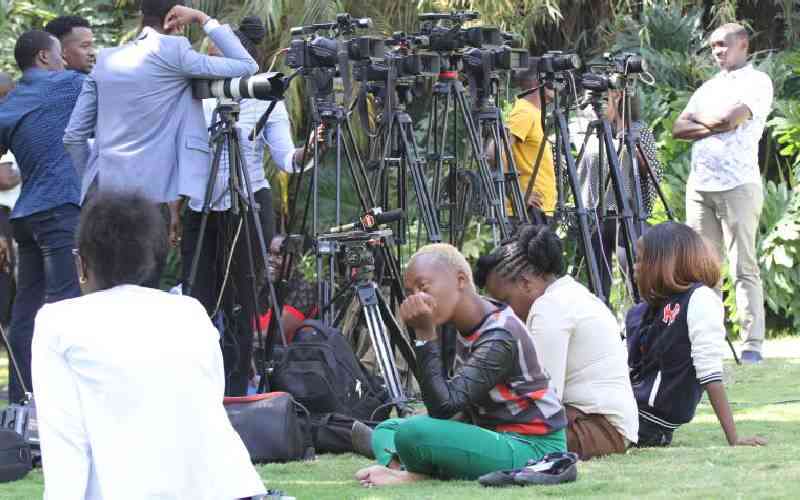×
The Standard e-Paper
Home To Bold Columnists

There is nothing wrong with anyone getting annoyed with journalists and the media generally. It is the nature of journalism to rub (some) people the wrong way and, for that reason, people are bound to get annoyed. In fact, journalism would lose relevance if it made everybody happy.
You cannot expect, for instance, people whose corrupt ways have been exposed by journalists to be happy with the media. Journalists are always wary whenever they are showered with praises, especially by the government.